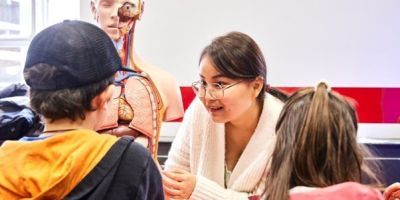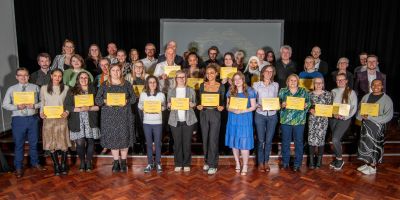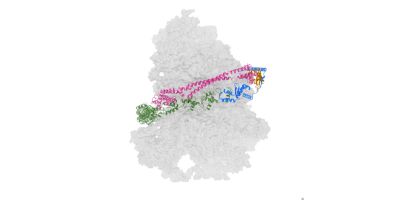Spinal cord researcher backs rehab centre funding drive

Dr Ronaldo Ichiyama, Professor of Neural Control of Movement in the School of Biomedical Sciences has highlighted the importance of rehabilitation following damage to the nervous system.
Not-for-profit Neurokinex is planning to open a new specialized facility in Leeds, the only one in the North of England, but it needs a further £200,000 by 1 June to secure the funds.
So far, they have secured £450,000 for the new centre from the National Lottery Community Fund, People's Postcode Innovation Trust and Edward Gostling Foundation but have said the donations were "time-limited" and if it could not raise the additional funds in time "the opportunity will be lost".
The non-for-profit treats people who have suffered neurological trauma such as spinal cord injuries, traumatic brain injuries and Multiple Sclerosis (MS).
The window of opportunity is not very large, so, without the missing amount we won't be able to provide not just this service but the opportunity for research and development.
Neurokinex, who provides 12 month industrial placements for Leeds students on the Sport and Exercise Sciences BSc, are also collaborating on joint research programmes to develop treatments of spinal cord injury.
Researchers in the Faculty of Biological Sciences have ambitions to use the new facilities to drive further research impact in the field of neurorehabilitation.
This research includes the application of neuromodulation, a series of techniques which aims to change the way nerves carry information to and from the brain, as well as robotically guided rehabilitation.
Recovery after a spinal cord injury
According to the NHS, someone in the UK is paralysed by a spinal cord injury every eight hours.
Rehabilitation is designed to accelerate recovery and independence by re-establishing some form of neural pathway between the paralysed and functioning parts of the body - and in some cases, promote the spinal cord’s ability to rewire and adapt.
Currently, rehabilitation is the only treatment available to provide functional improvements after injuries to the central nervous system.
Read how research from University of Leeds is helping people with severe spinal cord injuries to walk again.




